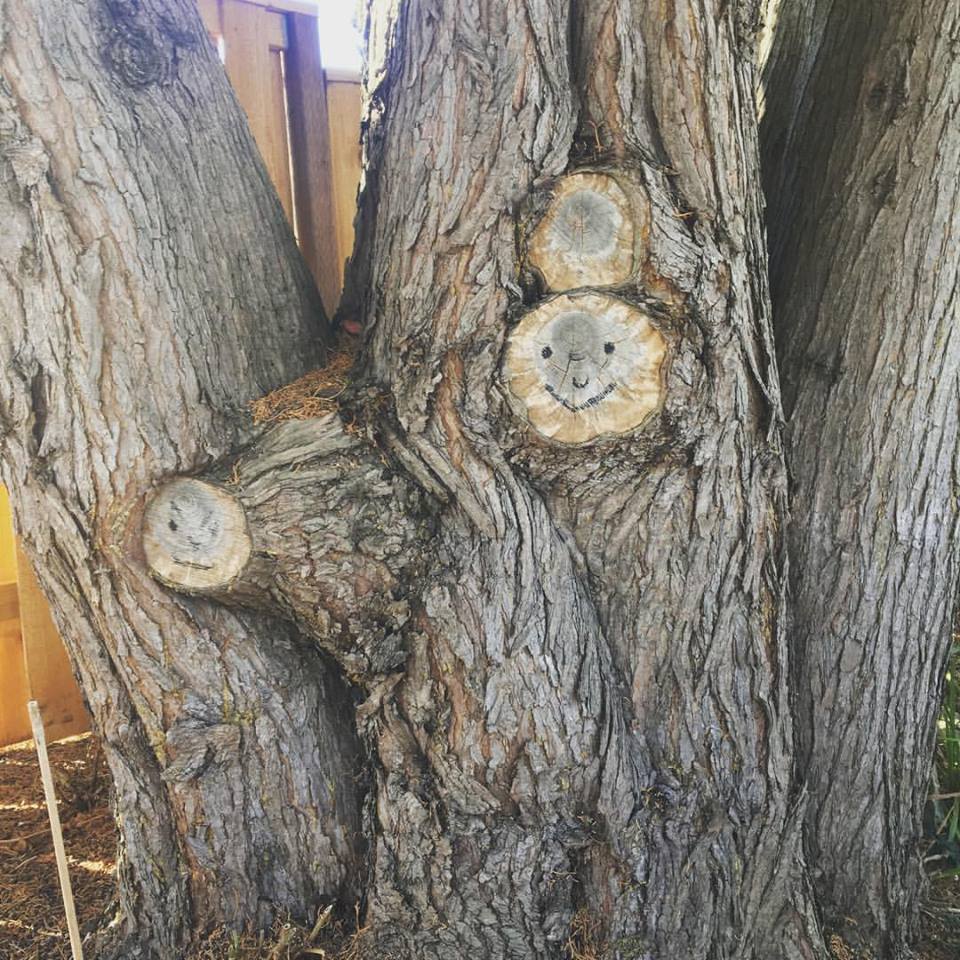I hate Facebook for many reasons, but one of the biggest ones is that when you send a message to…
-
Sometimes I want to cry at parties
I don’t particularly like to go to parties. I’m an introvert and it isn’t fun. So, it’s hard for me…
-
Working From Home Can Feel Lonely
Working at home can feel lonely. One of the main reasons for this is that you are literally alone. I…
-
Reassurance Seeking
People who have anxiety and/or OCD often seek reassurance from other people. I am guilty of this. What this means…
-
Taking Care of Yourself is Hard, But Worth It
I used to wish there was someone to take care of me, yes as an adult. Why? Because taking care…
-
Nobody Wants to Have Anything
I was sitting in my psychiatric nurse’s office and I said: “I don’t want to have bipolar disorder.” At this…
-
You’re Anxious. Nobody Hates You.
People with anxiety frequently think that other people hate them. Yes, hate is a strong word and all that. But,…
-
Sometimes you don’t need to call a friend
Sometimes you don’t have to call a friend Sometimes you don’t have to call a friend when things seem dire.…
-
Do you really need a therapist?
I was talking to this mom recently and we were exchanging life stories. She and I commiserated on a lot…
-

Creativity Isn’t Limited to Artists
Creativity Isn’t Limited to Artists You don’t have to be an artist or artistic to be creative; being creative is…